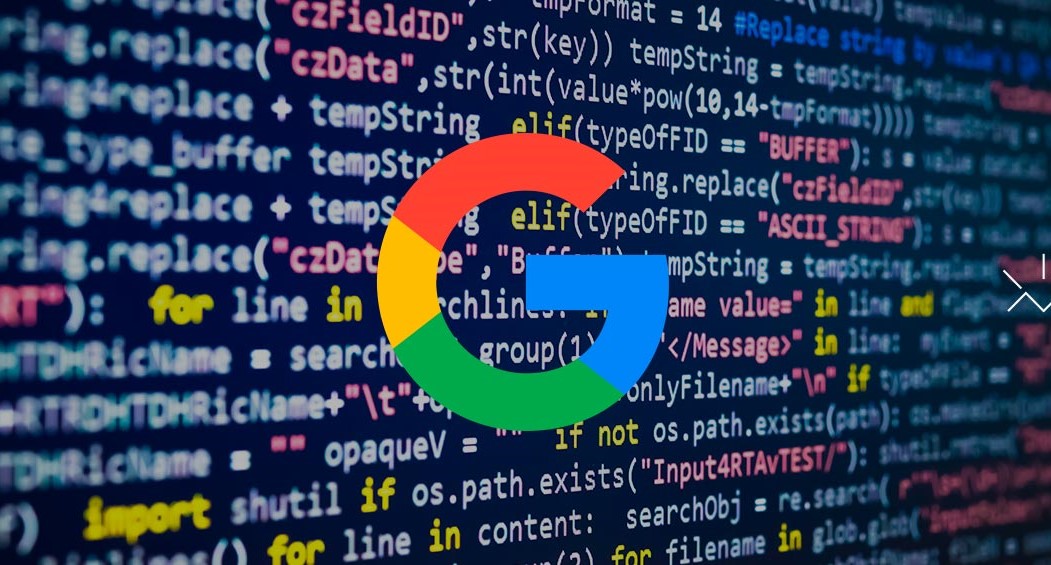Internet search engines are “go to” place for browsing users, but it’s the “how” part of these engines that is most exciting, not much known and least paid attention by users. A list of Web pages, organized by relevance, pops up on any word or phrase search. Behind the scenes, complex algorithm using involved data sets are used to figure out exactly what qualifies as most relevant Web page for a particular search. An example is Google that uses page ranking algorithm rumored to be the largest numerical calculation carried out anywhere in the world.
On an average, a user spends around 38 minutes daily to search for effective contents meeting his/her needs. However, technology is evolving fast thanks to scientists/engineer for creating entirely new computing paradigm where memory-size and speed is far beyond the reach of any other computer available. This coupled with advancements of search algorithms will continue to provide ever more meaningful search result or, as it’s called, to provide the point answer of search query. It is assumed that Google search will become an effective way to use technology for acquiring/updating user knowledge base.
Google search accept queries as normal text as well as individual keywords, giving back results against search query is a complex task. Google’s search algorithm PageRank patented by Larry Page in 1998, was similar to site-scoring algorithm Rankdex developed by Robin Li in 1996. Li moved to China and built hugely successful Baidu leveraging Rankdex.
As the Internet continues to grow, the time and resources needed to run the calculation which is done daily grow with it. Every google search consumes 1KJ of energy.
Following are some important Google Search metrics:
- The average time for the first click is 14.6 secs
- 65% of searches end on the first page of Google
- Remaining 35% users tries for new query with similar keywords for relevant search result
- 0.44% of the user visit second page of search result
The above statistic can make user easily draw that conclusion that effective search algorithm and crawling is yet to be introduced? Another inference can be the computational limit with which algorithm has to work? Here come quantum computers comes to save our day. A quantum computer is million times faster than world’s most powerful supercomputer. As opposed to traditional computer bits, which can encode distinctly either a one or a zero, quantum computers use quantum bits, or qubits, which can encode a one and a zero at the same time. This property known as superposition gives an edge to quantum computers to perform certain calculations much faster than traditional computers.
Search engines using Quantum Computing
Even though classical PageRank computation time scales modestly with the problem size n, in practice its evaluation for the actual WWW already takes weeks, a time which can only be expected to grow if current computational methods remain the norm, given the rapid pace of expansion of the web. Furthermore, it is often desirable to have multiple personalization vectors, which means that more than one PageRank needs to be evaluated for each WWW graph instance. Considering also the fact that the web-graph is an evolving dynamic entity, it is clear that it is important to speed up the computation of the PageRank in order to provide up-to-date results from the ranking algorithm.
Currently, there is no quantum computer in the world anywhere near large enough to run Google’s page ranking algorithm for the entire Web. To simulate how a quantum computer might perform, the researchers generated models of the Web that simulated a few thousand Web pages.
The simulation showed that a quantum computer could, in principle, return the ranking of the most important pages in the Web faster than traditional computers, and that this quantum speedup would improve the more pages needed to be ranked.
Further, the researchers showed that to simply determine whether the Web’s page rankings should be updated, a quantum computer would be able to spit out a yes-or-no answer exponentially faster than a traditional computer.



Hi would you mind stating which blog platform you’re working with? I’m planning to start my own blog in the near future but I’m having a tough time making a decision between BlogEngine/Wordpress/B2evolution and Drupal. The reason I ask is because your design and style seems different then most blogs and I’m looking for something unique. P.S Sorry for being off-topic but I had to ask!